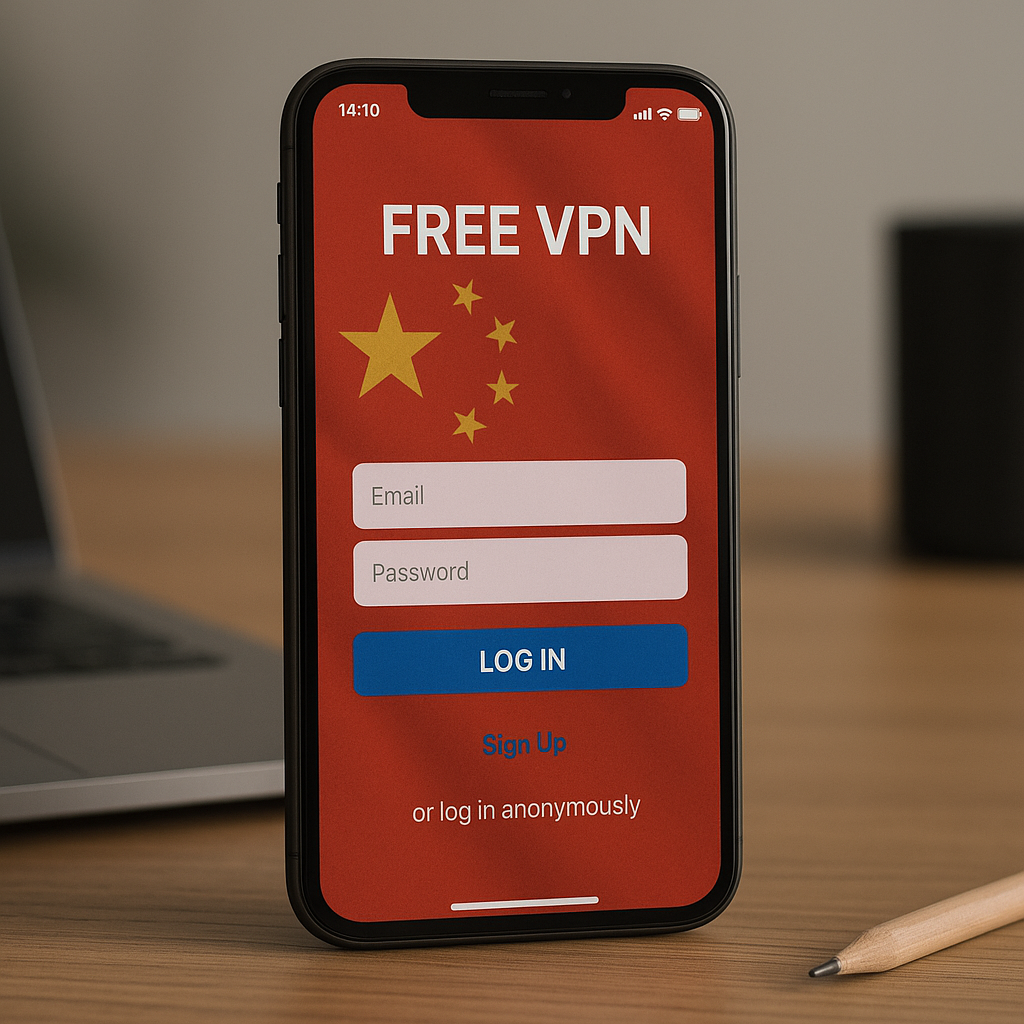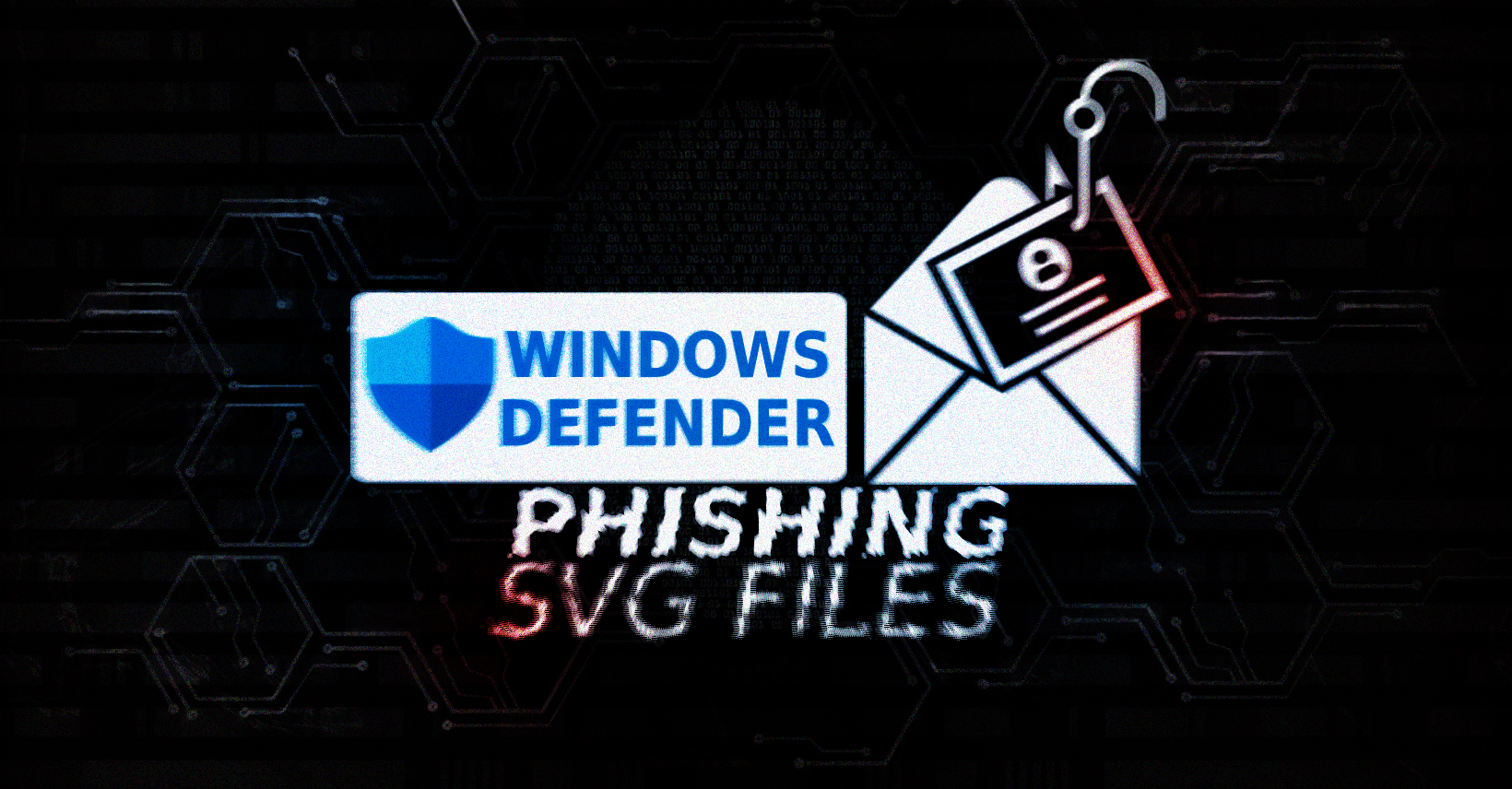Free VPNs promise privacy, but a 2025 study by VPNMentor revealed a troubling VPN data leak risk, with many services tied to Chinese entities harvesting US users’ data. From browsing habits to precise locations, this exposed information could fuel everything from targeted ads to state-sponsored surveillance. Here’s what’s at stake, how these leaks happen, and how to lock down your online privacy.
The Hidden Cost of Free VPNs
VPNMentor’s June 2025 report sent shockwaves through the privacy community, identifying 15 free VPN apps—many with millions of downloads—that funnel user data to servers linked to Chinese companies. Popular apps like Turbo VPN and VPN Proxy Master were flagged for logging browsing histories, IP addresses, and even GPS coordinates, despite claiming “no-logs” policies. This VPN data leak puts users at risk, as data is shared with third parties, including advertisers and potentially government entities VPNMentor.
Why do free VPNs do this? Running servers costs money, and free services often offset expenses by monetizing user data. Some apps, hosted in Hong Kong or mainland China, operate under jurisdictions with lax privacy laws or state oversight, raising red flags for US users. A Texas student, for instance, found her targeted ads eerily specific after using a free VPN, hinting at data leaks. With 60% of free VPNs showing Chinese ties, according to the report, the scale of this issue is hard to ignore.
The problem isn’t just ads. Leaked data can enable identity theft or phishing attacks, especially when combined with other breaches, like the 2025 AT&T leak. For businesses, employees using free VPNs on work devices could expose sensitive corporate data. The stakes are high, and trusting a free service might cost more than you think.
How Data Leaks Fuel Cyber Risks
Free VPNs often lack robust encryption, making them easy prey for VPN data leak exploits. VPNMentor found that 10 of the flagged apps used outdated protocols like PPTP, which hackers can crack in minutes. Others failed to encrypt DNS requests, exposing users’ browsing to ISPs or third parties. In one case, a free VPN’s server in Shanghai logged precise user locations, which appeared for sale on a dark web forum within weeks.
The structured nature of these leaks makes them particularly dangerous. Unlike random data dumps, the information is often organized, with user profiles linked to specific activities. This allows attackers to target high-value individuals, like executives or government workers, with precision. Can you afford to take that chance with a free app?

Image via MSP360
Protecting Your Privacy: Smarter VPN Choices
Cybersecurity pros and users can dodge VPN data leak risks by choosing wisely. Paid VPNs like NordVPN or ExpressVPN, with audited no-logs policies, offer stronger encryption and transparency. Check for providers based in privacy-friendly countries, like Switzerland or Panama, where data laws are strict. Avoid apps with vague ownership or Chinese ties—research company backgrounds before downloading.
For businesses, enforce VPN policies banning free services on work devices. Use enterprise-grade solutions with kill switches and DNS leak protection. Regularly audit employee apps to catch rogue downloads. For individuals, enable MFA on critical accounts and use tools like HaveIBeenPwned to check for leaked data. Freezing your credit can also block identity theft. If you’re stuck on a budget, open-source options like ProtonVPN’s free tier are safer bets than shady apps. Why risk your data for a free download when better options exist?
Stay Safe, Choose Wisely
The VPN data leak crisis tied to free VPNs shows privacy isn’t free. US users, from casual browsers to cybersecurity pros, face real risks from data-hungry apps. Pick trusted VPNs, enforce strict policies, and keep your data out of the wrong hands.





